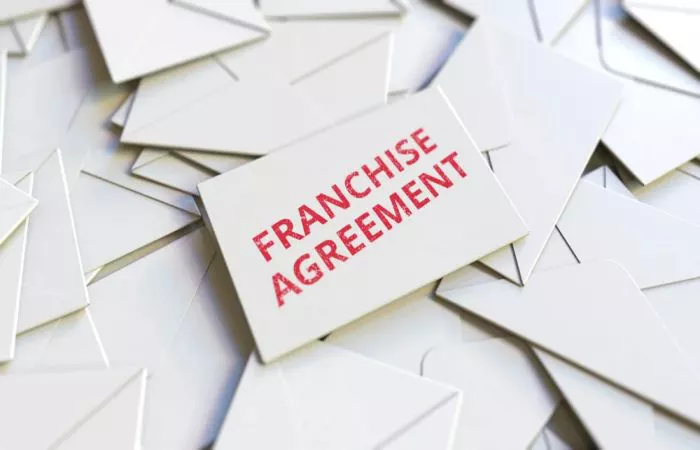Franchising serves as a potent avenue for business expansion, presenting diverse franchise systems tailored to various industries. Among these, manufacturing franchising stands out as a compelling model, particularly prevalent within sectors like food and beverage. This article delves into the intricacies of manufacturing franchising, elucidating its applicability across different business landscapes.
Understanding Franchising Dynamics
Venturing into business expansion demands considerable investment in terms of time, capital, and resources. However, franchising offers a structured and proven approach to scale a brand efficiently. This model facilitates the replication of established business systems by empowering franchisees to operate units under a shared brand umbrella.
Franchisors grant third-party franchisees the opportunity to operate businesses adhering to the franchisor’s established model, albeit as separate legal entities. This expansion strategy enables brand proliferation across diverse markets, attracting aspiring entrepreneurs keen on leveraging proven business frameworks.
Deciphering Manufacturing Franchising
Manufacturing franchising has emerged as a prominent subset within the franchising landscape, notably within industries such as pharmaceuticals and food production. Here, franchisors authorize franchisees to manufacture goods bearing the franchised brand’s identity and trademarks.
Franchisees leverage the franchisor’s operational blueprints and adhere to stipulated manufacturing protocols, encompassing aspects like recipe formulations and specialized equipment usage. Typically, franchisors extend autonomy to franchisees for marketing and distributing the manufactured goods.
For instance, a pharmaceutical manufacturing franchise empowers franchisees to produce and distribute medications under the franchised brand’s banner. Franchisors provide comprehensive training, guiding franchisees through operational intricacies while ensuring adherence to quality standards and regulatory compliance.
Assessing Suitability for Your Business
Determining the viability of manufacturing franchising for your business hinges on several critical factors:
1. Proven Business Model: A replicable and demonstrably successful business model serves as a cornerstone for franchising viability.
2.Profitability: Franchisors should exhibit profitability, showcasing sustainable financial performance conducive to expansion.
3. Established Operating Systems: Robust operational frameworks, easily transferable to franchisees, are indispensable for seamless replication.
Efficient operating systems capable of replication underpin manufacturing franchising success. Businesses eyeing franchising must validate scalability potential and assess market demand through rigorous market research. Despite franchisees’ initial investment, franchising incurs substantial costs for franchisors, including comprehensive training modules, support infrastructure setup, and legal consultations.
Legal Considerations and Expert Guidance
Navigating the complex terrain of franchising necessitates sound legal counsel to safeguard franchisors’ interests and ensure compliance with regulatory frameworks. Legal experts play a pivotal role in drafting intricate legal documents like franchise agreements, delineating rights, obligations, and intellectual property protection measures.
By enlisting legal assistance, franchisors fortify their business operations, mitigate potential legal risks, and foster robust franchise relationships. Legal advisors adeptly navigate franchisors through regulatory compliance nuances, reinforcing the franchise framework’s integrity and longevity.
In conclusion, manufacturing franchising presents a compelling avenue for business expansion, contingent upon a robust business model, profitability, and established operational systems. Strategic legal counsel empowers franchisors to navigate the franchising landscape adeptly, fostering sustainable growth and safeguarding their business interests effectively.

